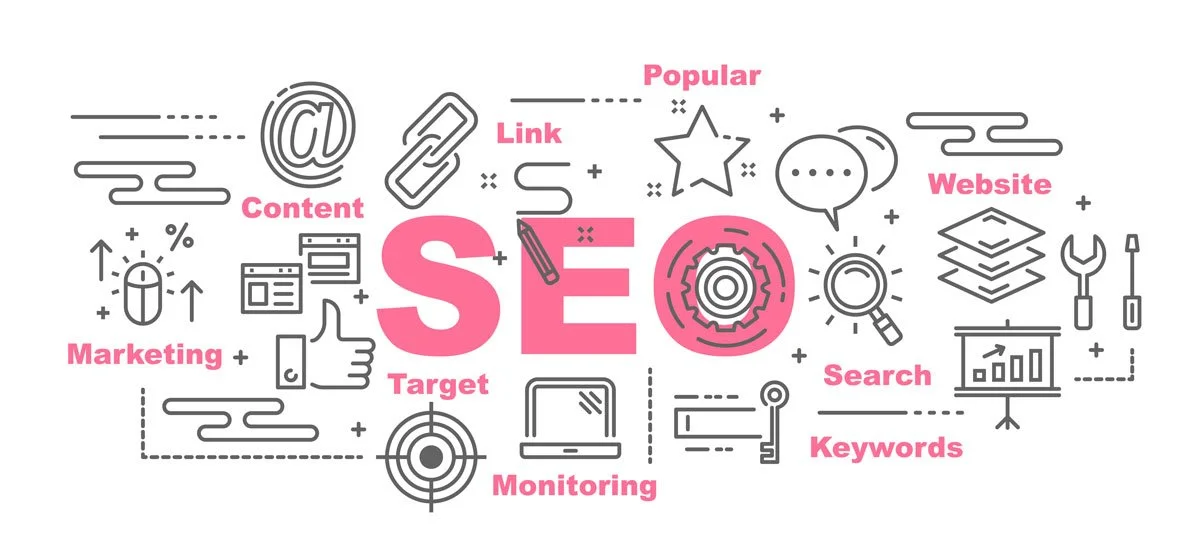Simple Website Checklist for Small Businesses
Most small business websites fail to perform effectively. They look fine, but they don’t sell.
If your website isn’t bringing in leads, building trust, or working for you while you sleep, it’s not just falling short. It’s quietly costing you. A clunky layout, slow load times, or off-brand messaging can turn potential clients away before you even know they were interested.
But here’s the good news. You can fix this. This comprehensive, straightforward website checklist is designed specifically for small businesses in 2025. Just clear, actionable steps to help you build a site that works harder than any employee you’ve ever had.
1. Planning and Strategy
Before design, nail your direction:
What actions should visitors take? (Call, buy, book?)
Who’s visiting, and what do they need?
What does success look like to you?
Also:
Choose a short, memorable domain name.
Go with a reliable host (there are better options than GoDaddy).
FYI, we offer brand coaching to help you align your website with your business goals.
2. Must-Have Website Pages
| ✅ Page | 📝 What It Should Do |
|---|---|
| Homepage | Introduce your business. Show what you offer and why it matters—fast. |
| About | Tell your story, share your values, and connect on a personal level. |
| Services/Products | Clearly describe what you offer. Include visuals and pricing if applicable. |
| Contact | Make it super simple to reach you. Include a form, phone, email, and map. |
| Testimonials | Let real customers build trust by sharing their positive experiences. |
| FAQ | Answer common questions to save time and reassure hesitant visitors. |
| Legal/Policies | Display your privacy policy, terms, and cookie notice. Stay compliant. |
3. Design, Branding, and Navigation
Modern and mobile-friendly wins:
Use your logo and brand colors consistently
High-quality, original visuals, no blurry photos
Clean navigation that’s intuitive (especially on phones)
Your value should be evident in 3 seconds or less
4. SEO and Content Best Practices
Get found. Get remembered.
Clear URLs (e.g., /services not /page123)
Include your business name, address, and phone in the footer
Add alt text for images for both SEO and accessibility
Link related pages to help users and search engines navigate
5. User Experience and Performance
Visitors won’t wait. Or click twice.
Pages should load in under 3 seconds
Test your site on all major browsers
Add strong CTAs on every major page (Call Now, Get a Quote)
Short forms = higher conversion
Ensure ADA compliance with accessible features
Include social icons to grow your following
If you’ve got deep content, include a search bar
6. Trust Builders
Trust sells faster than features.
7. E-Commerce (If You Sell Online)
Make every step easy and secure:
Smooth checkout with fast load times
Accept multiple payment methods (cards, PayPal, Apple Pay)
Product images that pop and copy that answers questions
Transparent shipping, delivery, and returns
Send confirmation emails so customers feel confident
8. Technical and Maintenance
No one likes a broken site.
Routinely check for broken links or outdated content
Keep plugins and CMS updated (like WordPress)
Install Google Analytics to track performance
Submit your site to Google Search Console for indexing
9. Post-Launch Checklist
After you hit “Publish,” do this:
Test every page and form, no exceptions
Check mobile, tablet, and desktop views
Review analytics and tweak based on user behavior
Your website isn’t just a digital business card; it’s your hardest-working salesperson, hype team, and storefront combined. Use this checklist to stop your site from just sitting pretty and start getting it to actually do its job.




